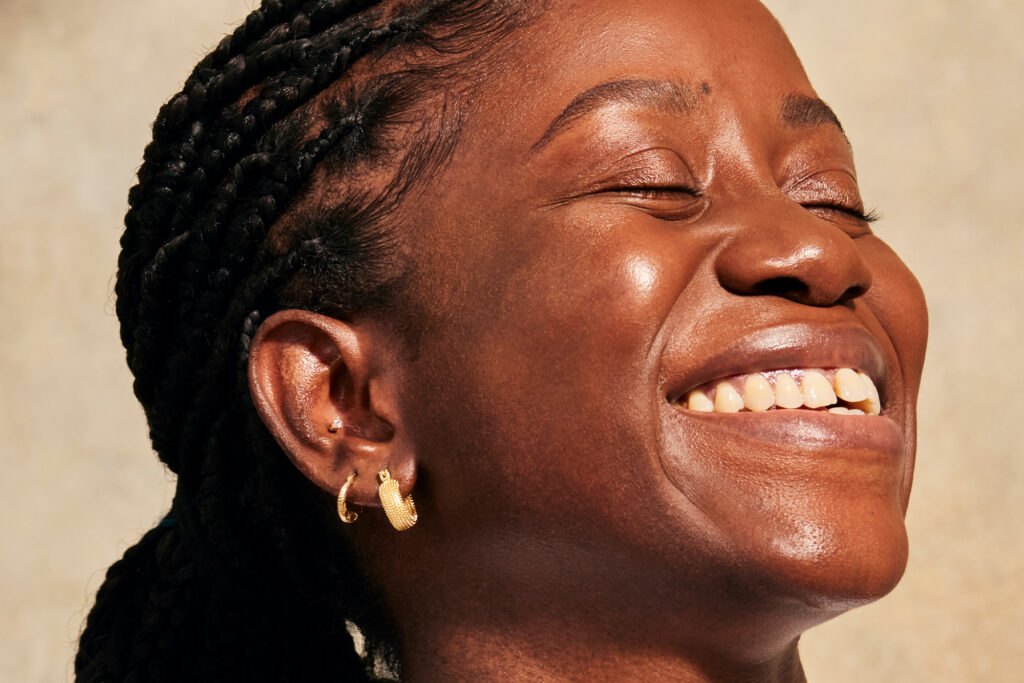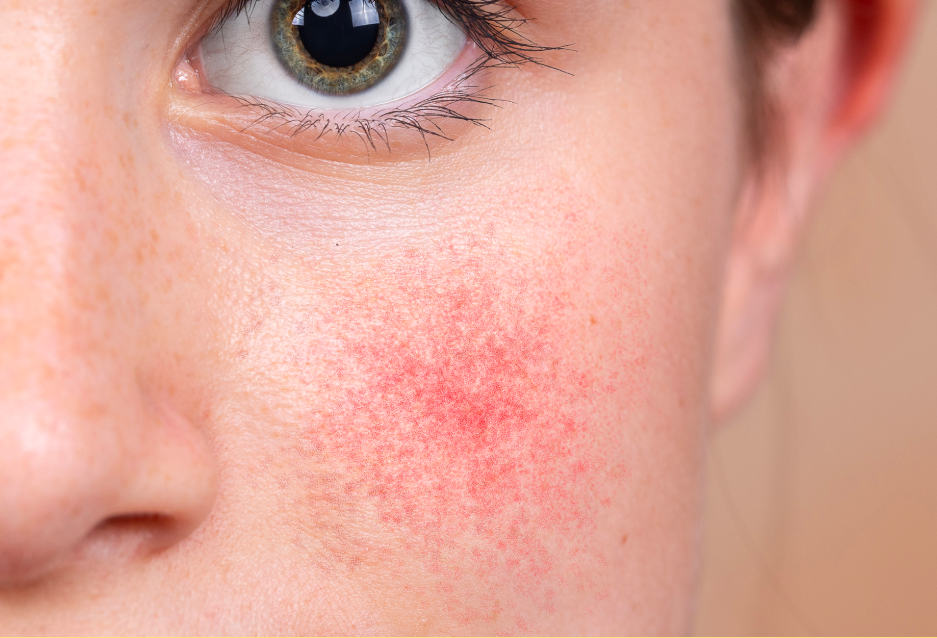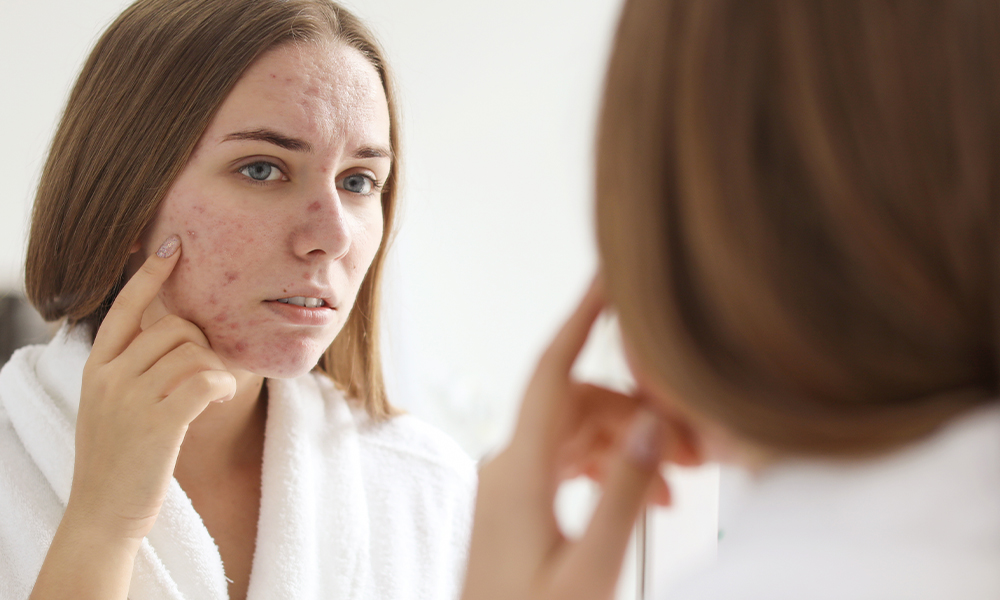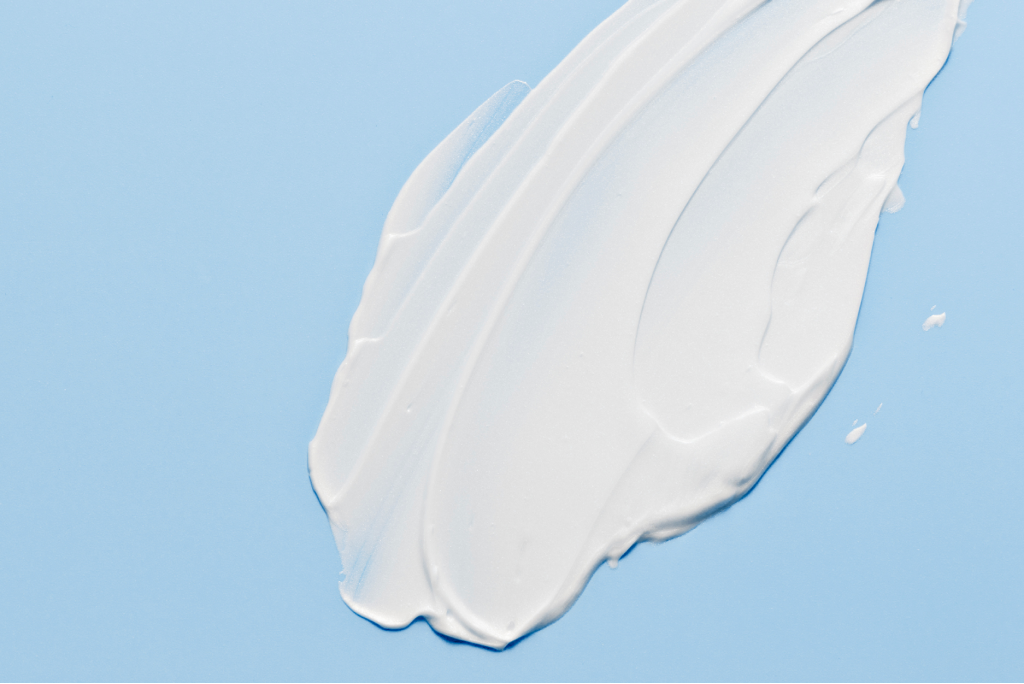Rosacea Awareness Month: Five Things to Know About Rosacea

Link to share article here:
The Best Age To Start Using Different Skincare Ingredients
If you’ve ever felt like the world of skincare is a little overwhelming, you’re not alone. There’s endless information out there telling you that you should – or shouldn’t – be using specific things at specific times of your life. Sometimes the buzz is so loud that it’s no wonder some of us worry we’ve missed the boat on a particular ingredient.
That’s why we’ve created a guide to the best ages to start using different skincare ingredients. We’ll cover some popular cosmetic and prescription ingredients, and explain their benefits for different age groups and skin types.
As always, remember that your skin is unique, so these are just guidelines instead of rules. The best thing you can do is get the advice of a professional who has personally reviewed your skin – either in-person or virtually, like with Skin + Me – and knows what you want to achieve.
The best age to start using tretinoin
Tretinoin has been garnering a lot of attention recently, thanks to its reputation as a powerful multitasking ingredient. “Tretinoin is the most potent retinoid out there that dermatologists have been prescribing for decades,” explains Dr Malvina Cunningham, Consultant Dermatologist at Skin + Me. “We have a huge amount of evidence proving its effectiveness in treating everything from acne, and hyperpigmentation to the visible signs of skin ageing, which is why it’s the gold-standard ingredient for all these skin concerns.”
As Dr Malvina says, tretinoin is a multitasker, so it can be used with care at different ages for different reasons. It works by speeding up removal of dead cells and debris that can block pores, and so is often prescribed to treat both teenage and adult acne.
Tretinoin can also boost the production of collagen, which makes it popular with people in their late twenties or thirties, who are starting to see the early signs of skin ageing. However, you don’t have to have acne or fine lines to use tretinoin. Your clinician may prescribe it to smooth your skin texture, refine your pores or simply enhance your glow at any age.
Make sure that you only use tretinoin as directed by your clinician, and stop using it if you’re pregnant or trying to conceive. You’ll want to be especially careful when using tretinoin if your skin is sensitive or dry, and it’s also important that you wear sunscreen every single day, whatever the weather.
The best age to start using retinol
Retinol is weaker than tretinoin, but it can be used to treat similar skin concerns. Although again very popular amongst those with ageing skin, it can be used earlier, depending on your skin’s tolerance and the skin concerns you want to address. Buffer retinol with moisturiser if your skin is on the dry side, stop using it if your skin seems unhappy and make sure you take the same precautions as listed above.
The best age to start using niacinamide
“Niacinamide works as an antioxidant and helps to fight harmful compounds caused by sun damage,” says Dr Ben Esdaile, Consultant Dermatologist at Skin + Me. “It also increases the production of ceramides, which moisturise the skin.”
Niacinamide helps to regulate oil production, which is helpful for those with teenage or adult acne. It is also helpful for those with drier skin, boosting the skin barrier function and reducing water loss for softer, hydrated skin. And, if you’re experiencing dark spots, fine lines or inflammation then it can help with that too.
Niacinamide is a versatile skincare ingredient that can be used by people of all ages and skin types, so we’d recommend you start using it whenever you want to level up your skincare routine.
The best age to start using azelaic acid
Azelaic acid is another excellent all-rounder that can be used at different ages to achieve different goals. “It is a naturally occurring substance produced by yeast with a long list of benefits to the skin,” says Dr Ben. “It is extremely versatile and can be used in the treatment of acne, rosacea, pigmentation and skin tone. It is useful for acne-prone skin particularly those with sensitive skin who may struggle to tolerate retinoids.”
This antioxidant is also great for tackling hyperpigmentation and texture, especially in sun-damaged or ageing skin, so it can be useful to add to your routine if you’re in your thirties or forties too.
If you’re looking for a highly efficacious azelaic acid formulation, Skin + Me Brighten + Boost Calming Azelaic Acid Serum uses a 10% complex to drive visible results. Find out more here.
The best age to start using vitamin C
Vitamin C, or ascorbic acid, is a popular way to enhance your morning routine. “Vitamin C is one of the most studied and evidence-based cosmetic skincare ingredients and is a true multi-tasker, offering protective and regenerative skin benefits,” explains Dr Jason Thomson, Head of Medical at Skin + Me.
Suitable for people of all ages, it can boost your glow and brighten your complexion. It’s also especially useful for people who want to target fine lines or dark spots, both of which become more common as you age through the decades.
At Skin + Me, our dermatologists are such fans of Vitamin C that they created two different formulations using this superstar ingredient. Our Brighten + Boost Firming and Regulating Vitamin C Serums use an encapsulated 15% complex which penetrates the skin to boost collagen and unlock your glow.
The best age to start using peptides
Peptides are chains of amino acids which are essential building blocks of the proteins in your body, including your skin. “In skincare, peptides can serve various functions, from signalling the skin to produce more collagen reducing the appearance of lines, to reducing inflammation, repairing and hydrating skin and improving hyperpigmentation,” says Dr Jason. Their firming and illuminating qualities make them a great pick for ageing skin or younger skin that just needs a little pick-me-up – it’s no wonder we’ve included them in all three Brighten + Boost Serums.
The best age to start using hyaluronic acid
Hyaluronic acid is a fantastic hydrator that can (and should!) be used at any age. “Hyaluronic acid is a humectant that pulls in and holds moisture, plumping and hydrating the skin on contact,” says Dr Ben. “The ‘acid’ in the name can be misleading here as it doesn’t strip your skin – hyaluronic acid is actually nourishing and hydrating.”
It suits all skin types and is unlikely to cause irritation. You’ll see the benefits if your skin is dry or dehydrated, but it’s also a good option for acne-prone people who are looking for a light, oil-free solution to soothe any dry areas of their face.
Final thoughts
Your skin will change as you age, so different ingredients might suit you better at different times of your life. Knowing your skin type is helpful – is it oily, dry, combination, sensitive or balanced? Remember that your skin is yours, so what works for someone else might not work for you, and always take it slow when using new ingredients – the best thing you can do is listen to your skin.
New to Skin + Me? Get your first month of personalised skincare for £4.99 with promo code DOSE – complete our quick consultation here.
Looking for a routine refresh? Add the Dream Routine to your Skin + Me subscription.
In need of a restock? Head to The Skincare Shop for one-off purchases of your Routine Essentials.



